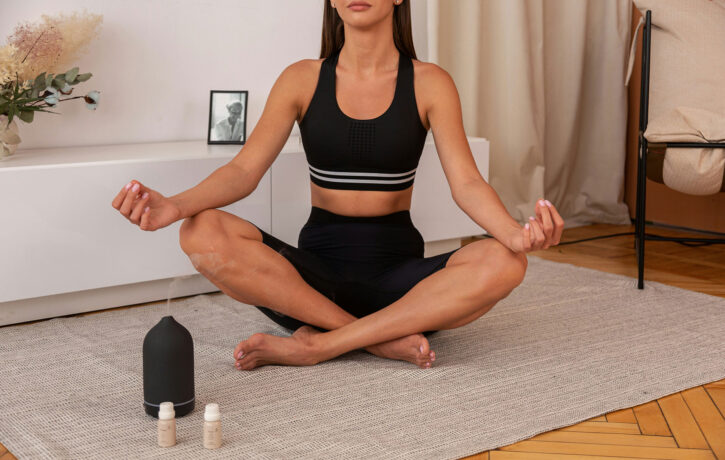in Meditation
Unpacking Misconceptions About Deep Rest Meditation

You’ve probably heard the term mindfulness everywhere, but with all the buzz, it’s easy to get confused about what this ancient practice actually entails. It’s not about being a perfect, calm person. It’s about a fundamental shift in how you relate to your inner and outer world. In our Deep Rest meditation sessions, we help students shed common misunderstandings and discover a more authentic, sustainable practice. Let’s explore three of the most persistent myths.
Misconception 1: I Need a Lot of Free Time to Practice
One of the biggest obstacles people face is the belief that they need to set aside long periods for meditation. We live in a fast-paced world, and the thought of sitting still for an hour can feel overwhelming. However, the true essence of mindfulness is not about duration, it’s about intention. While a dedicated practice has its benefits, mindfulness is a tool you can use anytime, anywhere. We’re talking about bringing conscious attention to your morning coffee, your commute, or a simple walk outside. Our Deep Rest meditation class focuses on cultivating this quality of presence, both on and off the cushion, making it a sustainable practice even for the busiest schedules.
Misconception 2: You Must Achieve an “Empty Mind” to Succeed
The cultural image of a peaceful meditator often gives the wrong impression: that the goal is to stop thinking entirely. This misunderstanding can lead to a lot of self-criticism and frustration. The reality is, a busy mind is a normal mind. You can’t simply switch off your thoughts. Instead, mindfulness teaches you to become an observer of your thoughts, emotions, and physical sensations. In Deep Rest, you’ll learn to rest deeply in your own awareness, allowing whatever arises to be there without getting entangled in it. We help you cultivate the capacity to be with your experience, no matter how chaotic, with a sense of calm and self-compassion.
Misconception 3: Mindfulness is Only for Spiritual or Religious People
Many people hesitate to try mindfulness because they think it’s a religious practice or that they need to change their belief system. While the practice has roots in Buddhism and other ancient traditions, it is entirely secular and accessible to everyone. You don’t need to adopt any new beliefs or become a different person to benefit from it. It’s simply a method of training your attention.
Our Deep Rest meditation sessions are designed to be a safe, inclusive space. We welcome people from all walks of life, with no prior experience or specific religious background required.
- How Stress Lives in the Body (and What Helps) - 28th January 2026
- Understanding Amnanda: A Gentle Path Back to Balance - 19th December 2025
- How Amnanda Can Help with Headaches - 27th November 2025
